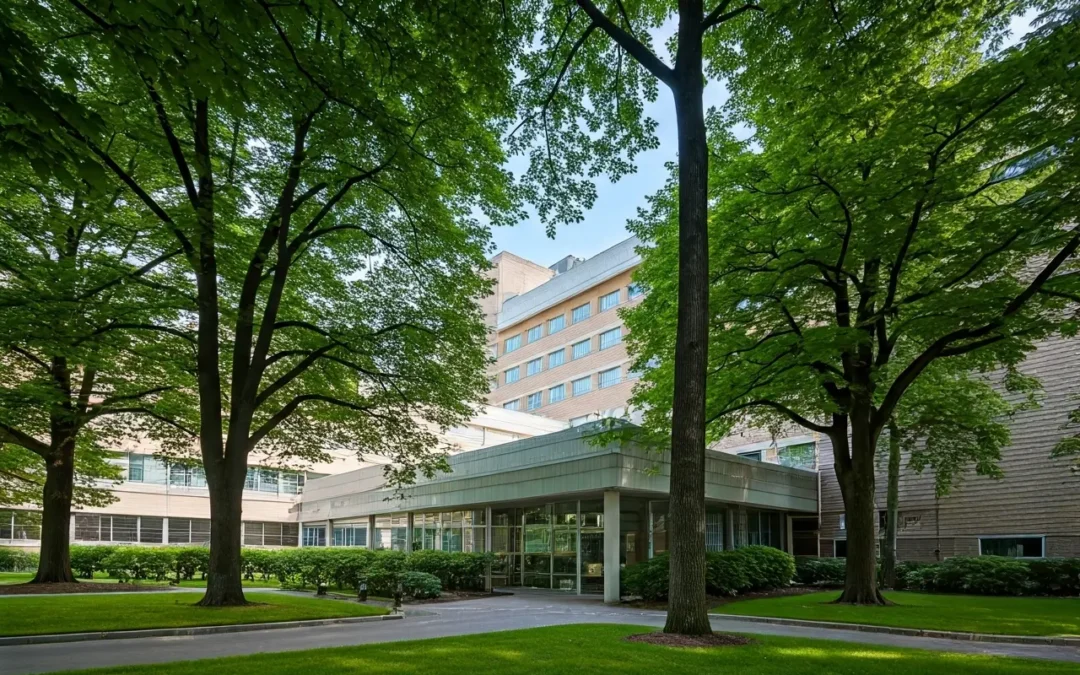When it comes to seeking help for drug and alcohol addiction, misconceptions can create significant barriers to treatment. In Port St. Lucie, these myths can deter many from the path to recovery. Let’s debunk seven common myths about drug and alcohol treatment in Port St. Lucie to shed light on the reality of seeking help and support.
Table of Contents
- 1 1. Only Severe Addicts Need Rehab
- 2 2. Treatment Is Just About Detox
- 3 3. All Rehab Centers Are the Same
- 4 4. Success Means Never Relapsing
- 5 5. Medication-Assisted Treatment Is Just Replacing One Drug With Another
- 6 6. You Have to Hit Rock Bottom to Get Help
- 7 7. Effective Treatment Is Out of Financial Reach for Most People
1. Only Severe Addicts Need Rehab
Many believe that rehab is only for those at the very depths of addiction, but this is far from the truth. Drug and alcohol treatment centers in Port St. Lucie are designed to help individuals at all stages of addiction. From those who’ve just begun to recognize their struggles to long-term users, everyone deserves support. Early intervention can be key to a more successful recovery, making it essential not to wait until the problem is perceived as ‘bad enough.’
This misconception often leads to unnecessary delay in seeking help, allowing the addiction to become more ingrained. Recovery is not about hitting a certain low point; it’s about finding help when you recognize you need it, regardless of how severe you think your problem is.
2. Treatment Is Just About Detox
Detoxification is a crucial first step in the journey towards sobriety, but it’s just the beginning. Effective treatment programs in Port St. Lucie encompass much more, including therapy, education on addiction, building healthy coping mechanisms, and ongoing support. The goal is not just to remove the substance from your body but to address the root causes of addiction and equip individuals with the tools they need for lasting recovery.
3. All Rehab Centers Are the Same
Port St. Lucie boasts a diverse range of rehab centers, each offering unique programs and specialties. Some focus on holistic approaches, incorporating activities like yoga and meditation, while others might emphasize more traditional therapy methods. Furthermore, the atmosphere, staff qualifications, and post-treatment support services can vary significantly. It’s important to research and choose a facility that aligns with your needs and preferences for the best chance at success.
4. Success Means Never Relapsing
The journey to recovery is rarely a straight path. Relapse does not signify failure but rather a bump in the road and an opportunity for learning and growth. Many recovering individuals experience at least one relapse, which can be a critical part of the learning process in managing addiction. The important thing is to keep moving forward, using relapse as a tool to understand triggers and improve coping strategies for the future.
5. Medication-Assisted Treatment Is Just Replacing One Drug With Another
Medication-assisted treatment (MAT) is a highly misunderstood aspect of addiction recovery, often stigmatized as merely substituting one addiction for another. However, when used responsibly under medical supervision, MAT can be an incredibly effective tool. It helps manage withdrawal symptoms and cravings, allowing individuals to participate more fully in therapy and rebuild their lives. It’s not about replacing drugs but supporting a more comprehensive approach to recovery.
6. You Have to Hit Rock Bottom to Get Help
Waiting for a so-called ‘rock bottom’ can be dangerously misleading and is an idea that prevents many from seeking help early. The truth is, there’s no predefined low point required to start recovery. Port St. Lucie’s treatment centers encourage anyone who feels they might benefit from support to reach out. The sooner help is sought, the better the chances for a successful recovery, making the concept of ‘rock bottom’ not only misleading but potentially harmful.
7. Effective Treatment Is Out of Financial Reach for Most People
Many assume that the cost of treatment is prohibitively expensive, but this isn’t always the case. A variety of financing options, including insurance coverage, sliding scale fees, and payment plans, are available to make treatment accessible in Port St. Lucie. Additionally, some organizations offer scholarships or grants to help offset costs. It’s worth taking the time to explore these options, as investing in recovery is an investment in a healthier, happier future.











